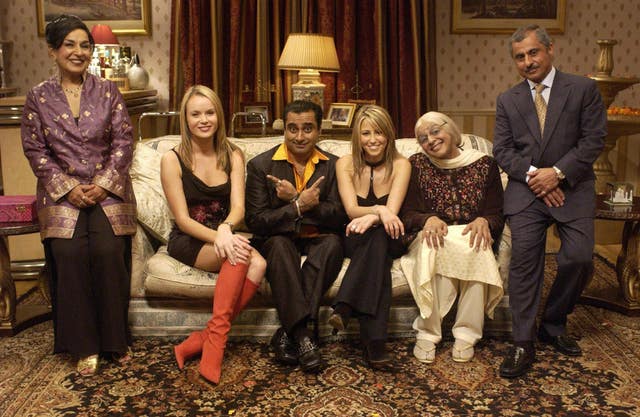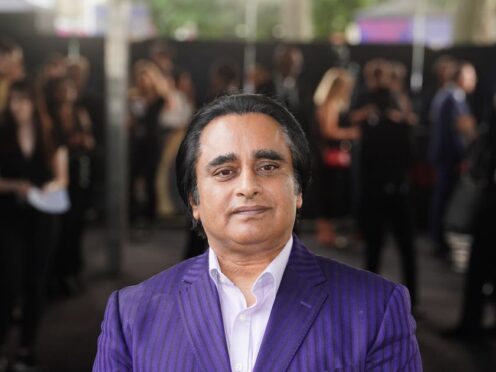Actor Sanjeev Bhaskar has said he feels comedy can be a “powerful” way to explore social and political topics, as it can offer perspective, rather than debates that become “political and weaponised”.
Bhaskar, 58, is best known for his work in the sketch comedy series Goodness Gracious Me and as the star of the sitcom The Kumars at No. 42 about a British Indian family.
Reflecting on how comedy can provide a different route to exploring prejudices and stereotypes, he told the PA news agency: “There are two elements to humour that I think are incredibly powerful and one is for yourself, which is that humour and irony gives you instant perspective.”

He added: “Something that’s scaring you, that fear which will overwhelm you, is just a fearful thing, it’s a horrible thing.
“But if you can do it from a different angle, it can be ridiculous and it can be silly.
“It doesn’t make it not scary, or not horrible, but you suddenly got perspective because that’s not the only thing it is any more.”
Bhaskar continued: “The other thing with expressing these things through humour is that it suddenly becomes palatable in a way that a direct truth may still be frightening and it still may be scary, that you can dress it up in slightly nicer clothes.”
The actor, who created and starred in BBC Two show Goodness Gracious Me which explored British Asian culture, said a lot of the discussions within the show were based on social observation and preconceptions.
He noted that almost everything he has ever been involved in for screen has been a response to preconceptions.
“I think there’s a laziness in preconceptions and I felt, probably, growing up, that I was the brunt of some of that because the way I look, because of my name, there would be huge presumptions made about me,” he said.
Bhaskar said that experiencing racist bullying while growing up did have an effect on his self-worth but he feels debating topics like this has gone “a bit awry”.
“The fact that racism, sexism and ableism is now discussed, I think, is a good thing because there can be debate”, he said.
“The counter to that is, I think the debate has gone a bit awry and so now all debates are suddenly political and weaponised.
“And I think one of the problems that seems to have emerged is a lack of compassion and generosity towards other people being able to make mistakes.
“Now, if you admit to a mistake, especially on social media, which is no great barometer of anything, you’re castigated for it and ridiculed and mocked and insulted.
“I mean, we’re all human beings, everybody makes mistakes, that’s how we learn, that’s how the human race has evolved.
“And yet there seems to be this lack of compassion and generosity and grace towards anybody else being able to make a mistake and improve.”

The actor added that he feels those people attacking others for making mistakes “need therapy” as he feels they live in a “bubble of fear” that if they do not attack others in these instances then they will become the target.
Bhaskar recently spoke about his own mental health and his experience of therapy, among many other topics, with Dr Sukh, for his series The Waiting Room.
Dr Sukh said: “It was a surreal experience to interview Sanjeev, someone I had admired as an actor.
“I grew up watching his seminal sketches and his subsequent films and TV shows.
“The greatest privilege was seeing that as a person he remains ever humble, kind and his talent is matched by his equally large compassion.
“It was an honour to interview him and call him a friend.”
